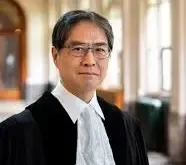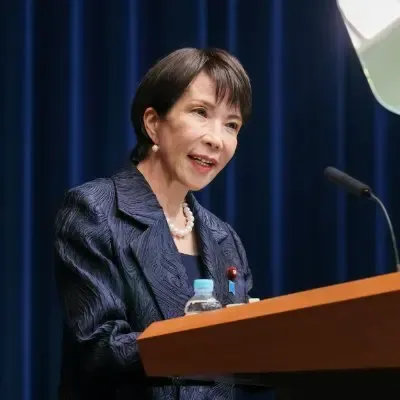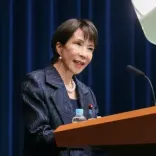Japanese Judge Iwasawa Yuji Elected as ICJ President

Synopsis
Key Takeaways
- Iwasawa Yuji elected as President of ICJ.
- Successor to Nawaf Salam, who resigned.
- Second Japanese President, after Hisashi Owada.
- Focus on promoting rule of law and peace.
- ICJ established by UN in 1945.
The Hague, Mar 4 (NationPress) Judge Iwasawa Yuji from Japan has been appointed as the new President of the International Court of Justice (ICJ), located in the Hague, Netherlands. He takes over from the previous ICJ President, Nawaf Salam, who stepped down in January before the completion of his term.
The ICJ confirmed on Monday that Iwasawa Yuji was chosen as the Court's President by his peers. He has served as a Judge of the Court since June 22, 2018. Prior to his role at the ICJ, President Iwasawa held the position of Professor of International Law at the University of Tokyo and was the Chairperson of the United Nations Human Rights Committee.
He is the second Japanese to occupy this prestigious position, following Hisashi Owada, who was the ICJ President from 2009 to 2012.
In a statement to NHK World Japan, Iwasawa expressed his desire to aid the ICJ in its mission to foster the rule of law and peaceful resolution of conflicts.
The President and Vice-President of the ICJ are selected by the Court members every three years through a secret ballot process. An absolute majority is necessary for election, and there are no nationality restrictions. Both positions may be re-elected.
The President is responsible for presiding over all Court meetings, managing its operations and administration with assistance from a Budgetary and Administrative Committee along with other Court committees. In the event of a tie during judicial discussions, the President has the power to cast a decisive vote.
The International Court of Justice (ICJ) serves as the main judicial body of the United Nations. Established by the United Nations Charter in June 1945, it commenced activities in April 1946. The Court is made up of 15 judges elected for a nine-year term by the General Assembly and the Security Council of the United Nations.
The Court has a dual function: first, to resolve legal disputes between States according to international law; and, second, to provide advisory opinions on legal matters referred to it by authorized UN organs and agencies.









